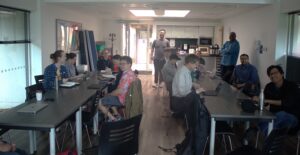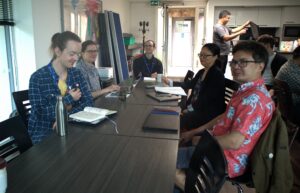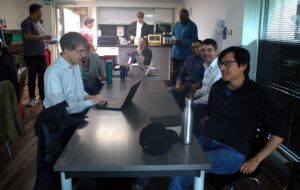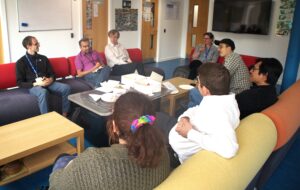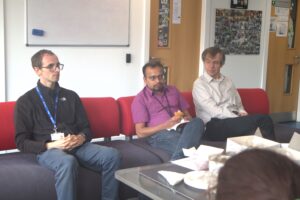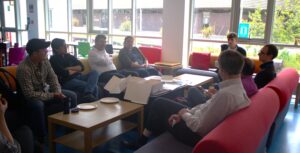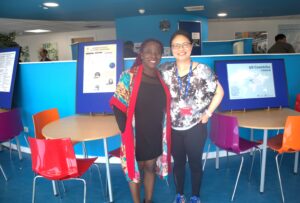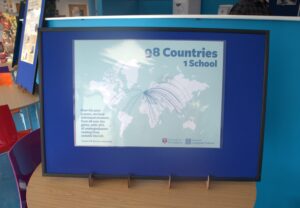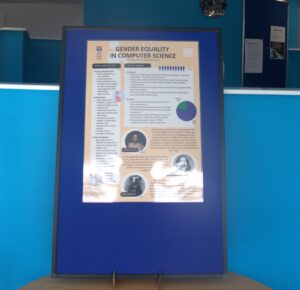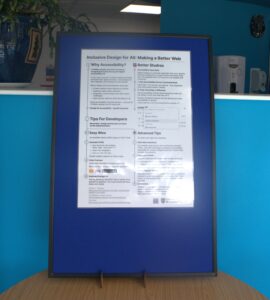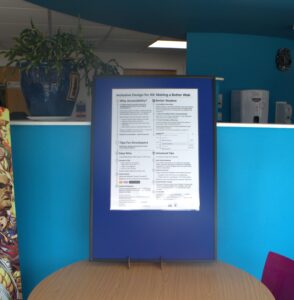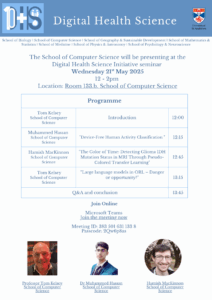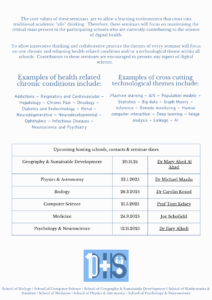The next PGR seminar is taking place this Friday 16th May at 2PM in JC 1.33a
Below are the Titles and Abstracts for Tilcia and Thu’s talks – Please do come along if you are able.
Tilcia Woodville-price
Title: Definitely, Maybe? Communicating Uncertainty In Medicine
Abstract: An inherent aspect of healthcare and data science alike, uncertainty is present at every step of data utilisation, including its collection, analysis and dissemination. Accounting for and disclosing uncertainty is an ongoing challenge faced by many disciplines. In medicine, effective communication of uncertainty is essential for shared decision-making, with important considerations surrounding the user (patients, clinicians, policymakers), the underlying information, and the means of communicating it (data visualisation). Current medical research has focused on risk communication, often failing to evaluate more complex aspects of uncertainty. In contrast, the information visualisation community has more widely researched uncertainty visualisation in other domains, but insights remain limited regarding best practice. This interdisciplinary research aims to empirically assess different forms of visualising uncertainty in medicine, evaluate how user characteristics influence comprehension, and explore new forms of communicating it through data-driven storytelling.
Thu Nguyen
Title: Multimorbidity Dynamics in Scotland: Health inequality and Trajectories in chronic disease accrual and mortality across the lifespan
Abstract: Multimorbidity – the co-occurrence of two or more chronic diseases – is a growing global concern, and is associated with higher risk of mortality, worse quality of life and substantial financial burden. About one third of the world’s population has multimorbidity. Care for multimorbid patients in the UK accounts for more than 55% of NHS costs and 75% of primary care prescription costs. The focus of multimorbidity epidemiology so far has largely been on the static clustering of diseases through cross-sectional analyses, with less emphasis on the trajectories of disease onset and the sequence in which conditions develop. Understanding the order in which diseases occur and its impact on patient outcomes can help identify high-risk trajectories and aid healthcare resource planning by identifying target populations for preventive interventions, ultimately leading to earlier diagnosis and management. Using linked electronic health records (EHRs) on 858789 individuals (2005-2021), this study aims to employ multistate modelling to explore the dynamics of multimorbidity trajectories, measure chronic disease accrual, incorporating social factors to unveil the health inequality in Scotland.


